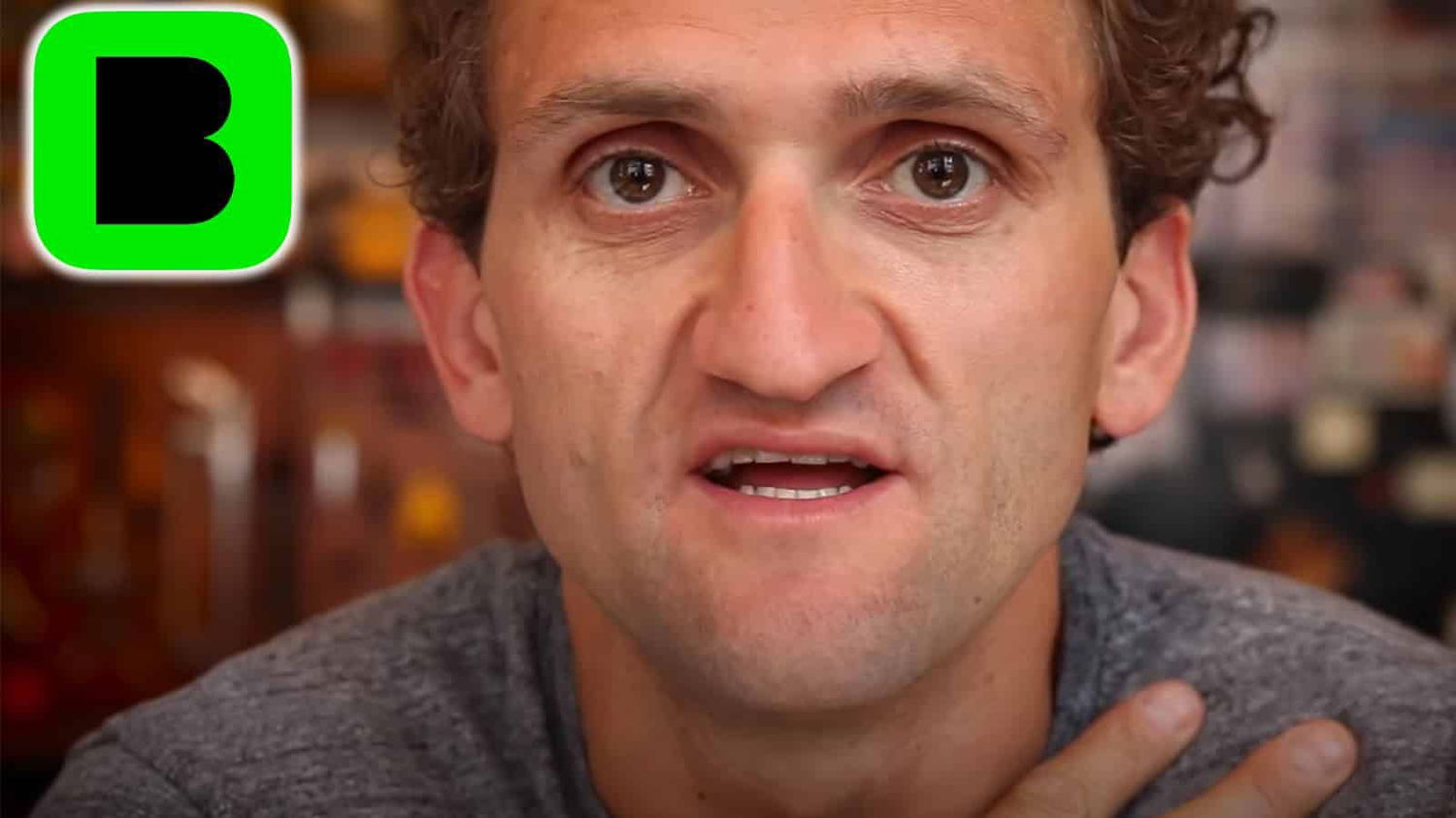
Once upon a time, YouTube vlogging sensation Casey Neistat launched an app called “BEME” — but after selling the program to CNN, news on the project went radio silent.
Casey Neistat is one of YouTube’s most prominent vloggers. Boasting over 12 million subscribers, the influencer reached fame for his daily vlogs in New York City, but has since moved to Los Angeles to focus on his family.
That being said, his content still drives millions of views with every upload… but he’s more than just a YouTuber. In 2014, Neistat founded Beme Inc. alongside Matt Hackett with the intention of creating a mobile app by the same name: BEME.
Neistat described the app as “Snapchat before Snapchat,” with an emphasis on sharing experiences without staring through a phone screen. Instead, users would record footage while holding their phone to their chest, allowing them to take in the real world instead of a filtered version of reality.
In a stroke of major fortune, CNN purchased Beme Inc. in 2016 with the intention of creating a new brand to market to younger audiences… but in 2017, the BEME app officially shut down.
Four years later, Neistat finally revealed what happened to the project during an episode of Steve-O’s Wild Ride podcast, claiming he was finally at liberty to talk about the incident as his NDA on the subject had expired four years ago.
“I started a tech company because I was really excited about the idea of starting a tech company,” he explained. “I think we had a great idea for a product. You said, ‘Snapchat before Snapchat.’ We were Snapchat before Snapchat, but then Snapchat launched stories.”
YouTube: CaseyNeistat
“When they launched stories, I was like, ‘Oh s**t. That’s like what we’re building, but way better,'” he continued. “And they released it before us. So like, we were Snapchat before Snapchat, but we were also Snapchat after Snapchat.”
Ultimately, it seems that CNN’s vision for the project didn’t align with what Neistat and his startup team had to offer. Neistat claimed that CNN terminated he and his partner from the project, and that while their parting was “super amicable,” the network then hired his team “internally” — something he described as “big L.”
“In the end, I really felt like I let that team down,” he admitted. “The success of that company would have succeeded because of me, and it failed because of me. I have a litany of excuses of why CNN made it really hard to succeed. I think it’s all bulls***. In the end, I should have been able to navigate that and find success, but I didn’t.”